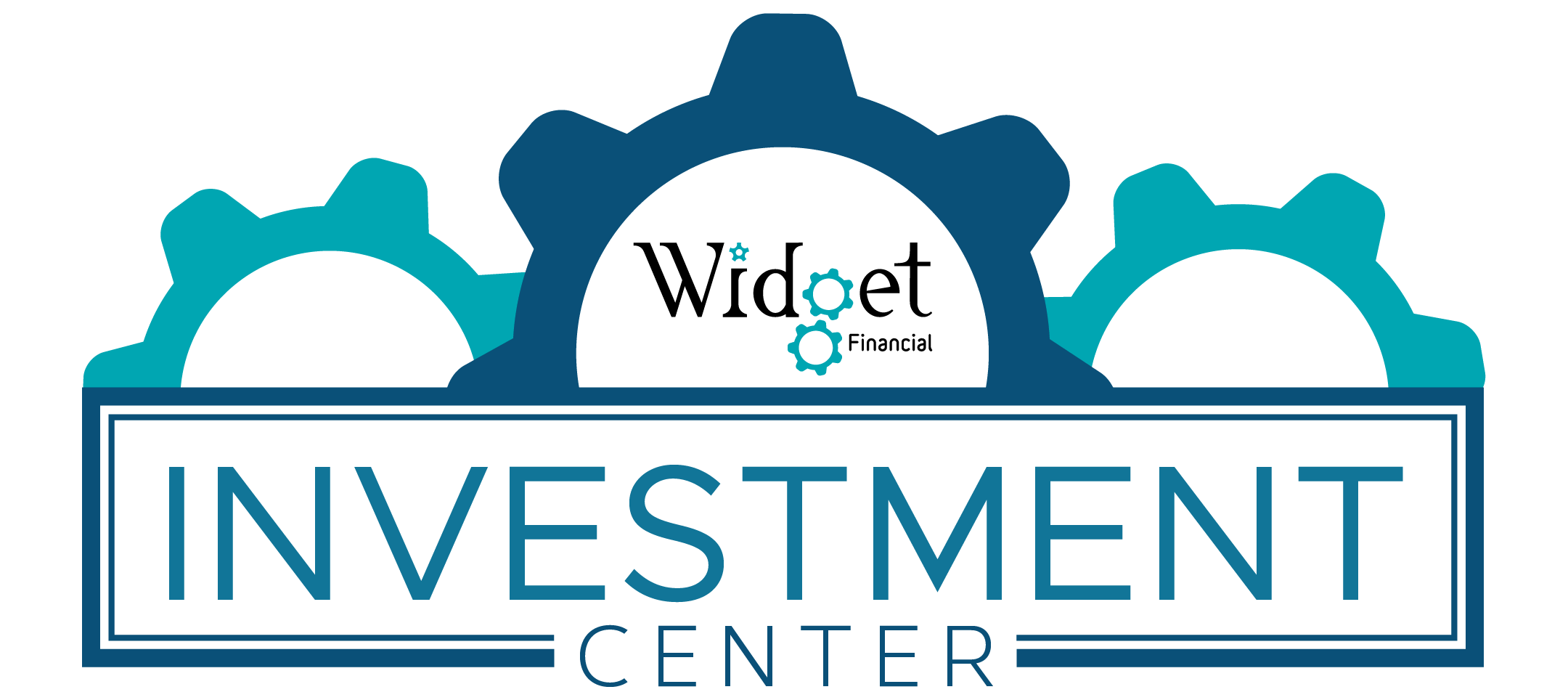Imagine driving a car without a basic understanding of the rules of the road or even how to operate it. Scary thought.
Here’s another scary circumstance – one that is all too real. Many Americans are making financial decisions with minimal financial knowledge of investing, budgeting, and credit. The TIAA Institute conducted a survey on U.S. financial literacy, asking 28 basic questions about retirement savings, debt management, budgeting, and other financial matters. The average respondent answered only about half of the questions correctly.1
Another recent survey conducted by the Census Bureau found that almost 40% of Americans say that it has been somewhat or very difficult to pay for usual household expenses in the last seven days.2
It has been said that knowledge is power, and if that’s true, then too many Americans lack the power to control their financial futures. Financial success rarely happens by accident; it is typically the outcome of a journey that starts with education.
One of the obstacles to greater financial literacy is the so-called “Lake Wobegon effect.” In other words, we all consider ourselves above average, and based on that belief, it only follows that our financial understanding is above average. Unfortunately, this assumption has a flaw: it may discourage us from learning as much as we need in order to continue adapting to an ever-changing financial landscape.
The more informed we are, the more informed our financial decisions may become. Fortunately, we can consult a wide range of resources in pursuit of greater financial knowledge.
If you are committed to increasing your financial literacy, think about turning to financial professionals with your questions or visit a U.S. Treasury-sponsored website created for that very purpose.3
1.TIAAInstitute.org, 2022
2. Census.gov, 2023
3. MyMoney.gov, 2023
The content is developed from sources believed to be providing accurate information. The information in this material is not intended as tax or legal advice. It may not be used for the purpose of avoiding any federal tax penalties. Please consult legal or tax professionals for specific information regarding your individual situation. This material was developed and produced by FMG Suite to provide information on a topic that may be of interest. FMG Suite is not affiliated with the named broker-dealer, state- or SEC-registered investment advisory firm. The opinions expressed and material provided are for general information, and should not be considered a solicitation for the purchase or sale of any security. CopyrightFMG Suite.
Non-deposit investment products and services are offered through CUSO Financial Services, LP (“CUSO Financial”) (“CFS”), a registered broker-dealer (Member FINRA/SIPC) and SEC Registered Investment Advisor. Products offered through CFS: are not NCUA/NCUSIF or otherwise federally insured, are not guarantees or obligations of the credit union, and may involve investment risk including possible loss of principal. Investment Representatives are registered through CFS. The Credit Union has contracted with CFS to make non-deposit investment products and services available to credit union members. Financial Advisors are registered to conduct securities business and licensed to conduct insurance business in limited states. Response to, or contact with, residents of other states will be made only upon compliance with applicable licensing and registration requirements. The information in this website is for U.S. residents only and does not constitute an offer to sell, or a solicitation of an offer to purchase brokerage services to persons outside of the United States. CFS representatives do not provide tax or legal guidance. For such guidance please consult with a qualified professional. Information shown is for general illustration purposes and does not predict or depict the performance of any investment or strategy. Past performance does not guarantee future results.

Investment and Financial Planning
available through CUSO Financial Services, LP (CFS)







